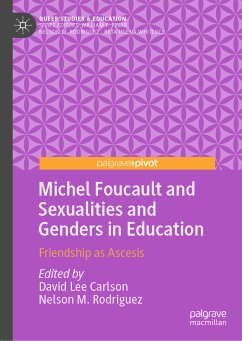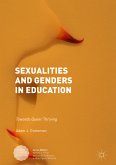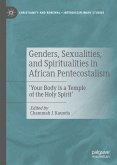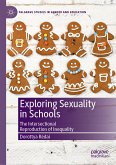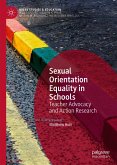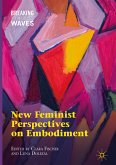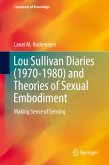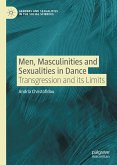This book examines, within the context and concerns of education, Foucault's reflections on friendship in his 1981 interview "Friendship as a Way of Life." In the interview, Foucault advances the notion of a homosexual ascesis based on experimental friendships, proposing that homosexuality can provide the conditions for inventing new relational forms that can engender a homosexual culture and ethics, "a way of life," not resembling institutionalized codes for relating. The contributors to this volume draw from Foucault's reflections on ascesis and friendship in order to consider a range of topics and issues related to critical studies of sexualities and genders in education. Collectively, the chapters open a dialogue for researchers, scholars, and educators interested in exploring the importance and relevance of Foucault's reflections on friendship for studies of schooling and education.
David Lee Carlson is Associate Professor of Qualitative Research in the Mary Lou Fulton Teachers College at Arizona State University, USA. His current research focuses on the ways in which the post-qualitative movement continues to problematize the onto-epistemology of research methodologies.
Nelson M. Rodriguez is Associate Professor of Women's, Gender, and Sexuality Studies in the School of Humanities and Social Sciences at The College of New Jersey, USA. His current research areas span queer studies and education, critical masculinity studies, and Foucault studies.
Dieser Download kann aus rechtlichen Gründen nur mit Rechnungsadresse in A, B, BG, CY, CZ, D, DK, EW, E, FIN, F, GR, HR, H, IRL, I, LT, L, LR, M, NL, PL, P, R, S, SLO, SK ausgeliefert werden.

